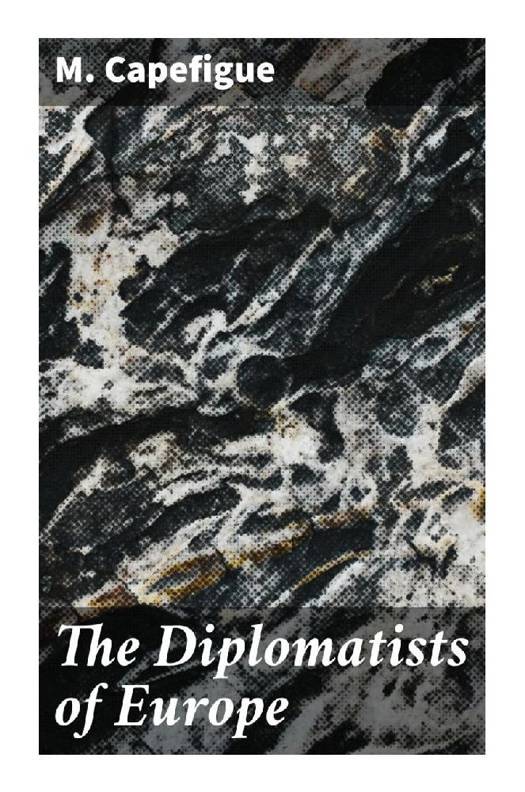
- Afhalen na 1 uur in een winkel met voorraad
- Gratis thuislevering in België vanaf € 30
- Ruim aanbod met 7 miljoen producten
- Afhalen na 1 uur in een winkel met voorraad
- Gratis thuislevering in België vanaf € 30
- Ruim aanbod met 7 miljoen producten
Zoeken
Omschrijving
In "The Diplomatists of Europe," M. Capefigue provides a meticulous exploration of European diplomatic relations during a transformative period in history marked by nationalism, revolutions, and complex alliances. The author skillfully employs a historical narrative style, weaving together rich, detailed accounts of key diplomatic figures and their intricate dealings across the continent. Set against the backdrop of the 19th century, Capefigue's work not only chronicles significant events but also offers profound insights into the motivations and strategies of diplomats who shaped Europe's political landscape. M. Capefigue, a noted historian and political analyst of his time, brings a wealth of knowledge to his writing, informed by his extensive studies of European history, international relations, and a keen understanding of human behavior in political contexts. Living through the political upheavals of his era, Capefigue sought to elucidate the often-overlooked contributions of diplomats in forging national destinies, reflecting his belief in the importance of nuanced perspectives in understanding history. This book is a must-read for anyone interested in European history, political science, or the art of diplomacy. Capefigue's scholarly yet accessible narrative equips readers with the necessary context to appreciate the complexities of diplomatic negotiations, making it invaluable for both academics and general readers alike.
Specificaties
Betrokkenen
- Auteur(s):
- Uitgeverij:
Inhoud
- Aantal bladzijden:
- 164
- Taal:
- Engels
Eigenschappen
- Productcode (EAN):
- 9788027288342
- Uitvoering:
- Paperback
- Afmetingen:
- 152 mm x 229 mm
- Gewicht:
- 228 g

Alleen bij Standaard Boekhandel
+ 23 punten op je klantenkaart van Standaard Boekhandel
Beoordelingen
We publiceren alleen reviews die voldoen aan de voorwaarden voor reviews. Bekijk onze voorwaarden voor reviews.











